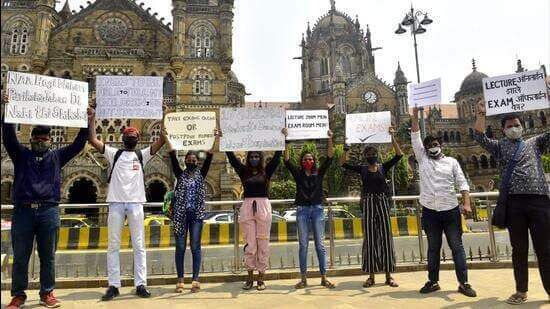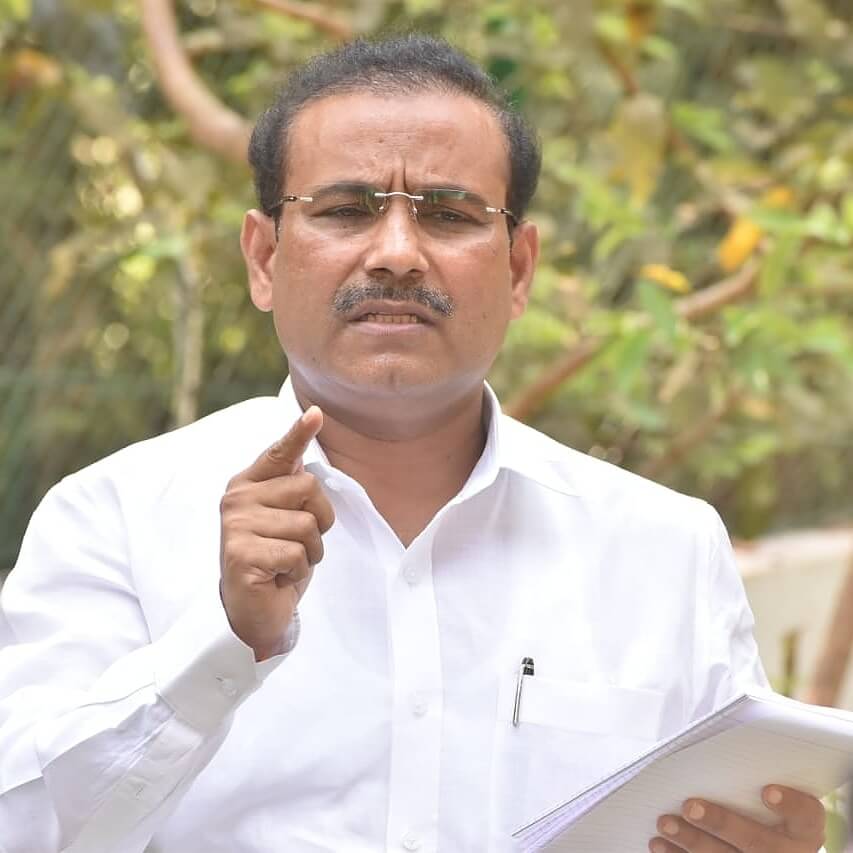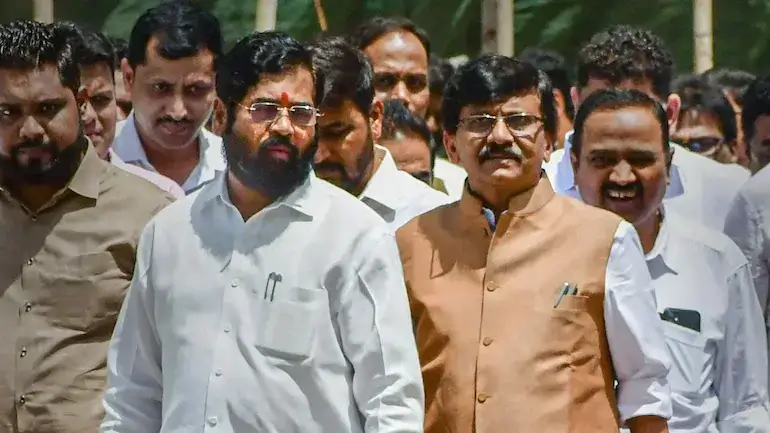Lakhs of devotees from all religions thronged thousands of places of worship which were thrown open on Thursday after nearly six months in Maharashtra, as the threats of a Covid-19 third wave appeared to have receded, officials said.
While temples rang bells, mosques saw azaans beingr recited, hymns were sung in churches, gurbani and shabads in gurudwaras, plus prayers in derasars, Buddh viharas, fire temples, et al, in Mumbai and other parts of the state, adhering to full Covid protocols as directed by the government.
Leading the state, Chief Minister Uddhav Thackeray, along with his wife Rashmi and son Aditya who is Tourism Minister, went to pray at the famed Mumbadevi Temple in south Mumbai, of the deity from whom the city gets is name.

Deputy Chief Minister Ajit Pawar, along with Nationalist Congress Party state President and Minister Jayant Patil, prayed at the Shree Siddhivinayak Ganpati Temple in Prabhadevi.
Other ministers joined celebs and commoners in different places of worship which have been cleaned spic and span, with fragrance of sandalwood, incense and agarbattis emanating from there, creating the right ambience for devotees.
All places of worship like ISKCON temples at Chowpatty and Juhu, the Haji Ali Mausoleum in Worli, the Mount Mary Church in Bandra also attracted thousands for the first prayers after a long bout of closure.
Similar crowds were witnessed at the Shri Saibaba Temple in Shirdi and the Shaneshwar Temple in Shanishingnapur, both in Ahmednagar, the famous Takhat Sachkhand Shri Hazur Abchalnagar Sahib gurudwara in Nanded, the Ashthavinayak Temple, the Mahalaxmi Temple, Haji Malang Dargah, the Trimbakeshwar Temple and Saptashringi Temple in Nashik, Jivdani Temple in Palghar, Jejuri Temple in Pune, Godiji Parshwanath Jain Temple in Mumbai and more.
The opening up of worship places gave a fillip to the local economy with thousands of vendors selling pooja items, prasad, flowers, garlands, ‘chadars’, religious books, scriptures, holy water bottles, photos, candles, lamps, flags, festoons, holy memorabilia, and other devotion-related materials also sprang into action to cater to the customers, while gurudwaras prepared for their traditional ‘langars’ and some mosques for the ‘niyaaz-jamaats’ for devotees














